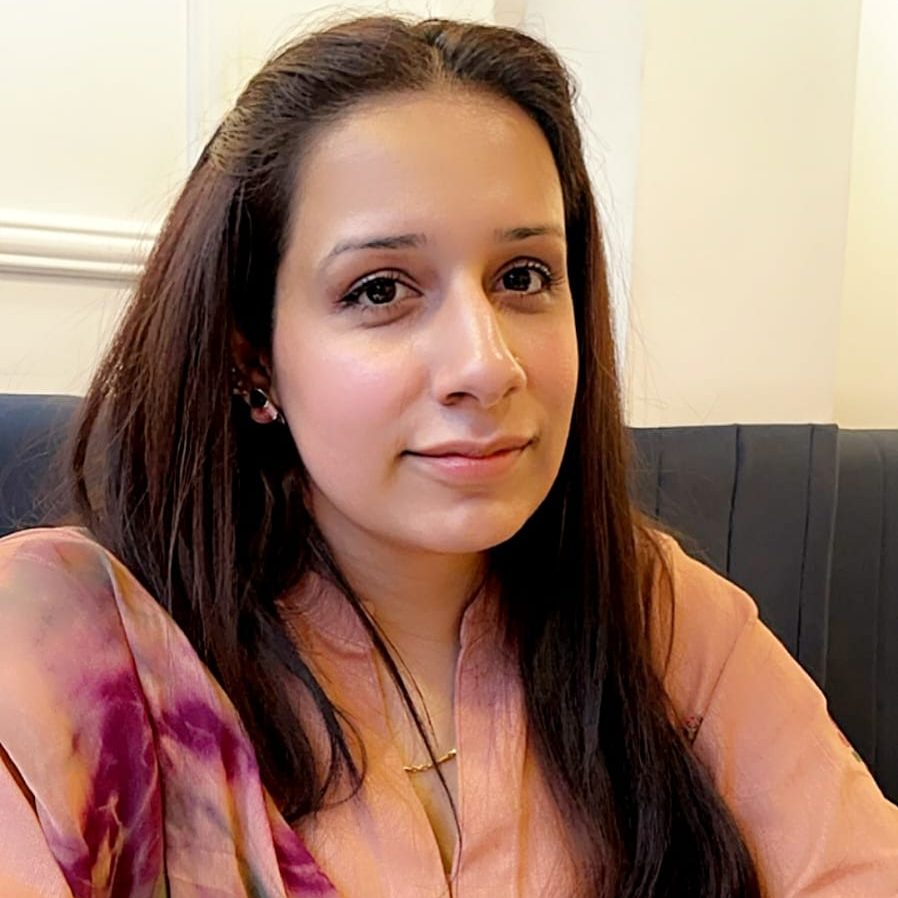The 2024 elections in India are unfolding amidst a backdrop of entrenched societal divisions and simmering political tensions. With Modi’s leadership firmly rooted in Hindutva ideology, the country finds itself at a crossroads where issues pertaining to democratic values and minority rights are paramount. Crucial elections are taking place throughout the world, and South Asia is leading the way.

In line with Pakistan and Bangladesh, elections process has already commenced and elections in India will also be concluded by the end of this month. Given that Prime Minister Narendra Modi’s Bharatiya Janata Party (BJP) is commonly seen as leading the 21st-century Indian political scene, the upcoming elections present important issues. Will the current election cycle depart from past ones, or will supporters of Hindutva or the Rashtriya Swayamsevak Sangh (RSS) once more push it in a direction that might further marginalise minority communities and perpetuate radical narratives? Additionally, concerns arise regarding the potential resort to false flag operations, a tactic employed in the past to garner public sympathy and secure votes on hate mongering narrative against Pakistan.

The Indian Constitution’s Articles 324 to 329 provide a detailed framework for the democratic process, establishing the nation’s electoral system. The Election Commission is tasked with monitoring the organisation of free and fair elections throughout the nation in accordance with Article 324. India’s system of government consists of Union Territories and States, each with its own executive body. Union Territories may select administrators; some may elect regional legislatures; States elect Chief Ministers to exercise executive authority. Working together, State and Central agencies must effectively handle situations that span jurisdictions. India has a varied electoral environment with many different kinds of elections for different objectives. A pivotal event, the Parliamentary General Elections, also known as the Lok Sabha elections, elect 543 members to the legislature, which will determine the makeup of the government for a five-year term. In addition, state assemblies use proportional representation to choose members of the Rajya Sabha (Upper House), who are elected to six-year terms through an indirect procedure. India’s democratic system is woven together via State Assembly Elections, Zila Panchayat Elections, Urban Municipal Elections, and by-elections. Ironically, these all electoral tiers are massively influenced by polarised communal fissures since BJP took reins as majority party.

The policies of the ruling BJP and its leader, Prime Minister Narendra Modi, in their attempt to win the elections in 2024 are shaped by a number of elements. Under pressure from the BJP, the once-powerful opposition alliance known as the Indian National Developmental Inclusive Alliance (INDIA) has weakened as opposition leaders have been targeted for raids, investigations, and arrests. Protest marches were sparked by the Enforcement Directorate’s detention of New Delhi Chief Minister Arvind Kejriwal on dubious accusations pertaining to liquor licenses. Another powerful opposition party, the Indian National Congress, also faced difficulties, such as seized bank accounts and court battles. Meanwhile, Modi took advantage of occasions such as the inauguration of the Ram Mandir at Ayodhya, using it to his advantage in the elections and increasing his popularity, which was further bolstered by the fact that the temple’s opening was televised nationally and was even screened for free in Indian theatres.

Pakistan views Prime Minister Modi as the personification of Hindu extremism and populism, with a manifesto to subvert India’s secular constitution and create a Hindu nation that oppresses its minorities, especially Muslims. This viewpoint is shown by the BJP’s role in incidents such as the 2002 Gujarat pogrom, the 2020 Delhi riots, the current communal violence in Haryana, and the ongoing tensions in Manipur directed at the Christian minority.
India Ranks 4th out of 198 nations in World for Religious Intolerance
The rhetoric of the BJP frequently includes insults directed against Pakistan and discriminatory actions against Muslims in India, which occasionally turn violent. One noteworthy example of this animosity was the 2002 Sabarmati Express incident, in which Hindu pilgrims were assaulted and several people died, most of them Muslims. Part of the Sangh Parivar, or Hindu nationalist parties, organisations like the RSS, Bajrang Dal, and Vishwa Hindu Parishad (VHP) have been linked to instigating violence against minorities, furthering the narrative of Hindu dominance in India and marginalising other ethnicities.

India’s diplomatic and military playbook has frequently included false flag operations, which frequently lead to increased tensions and serious consequences. This uncomfortable truth is demonstrated by events like the Samjhauta Express explosion in 2007, the Indian parliament attack in 2001, and the Ganga hijacking in 1971. The deadly ramifications of such operations are further demonstrated by more recent incidents, such as the Pulwama suicide attack in 2019 and the Pathankot airbase attack in 2016. False flag operations continued in spite of international criticism, with incidents staged to link Pakistan to occurrences like those in Poonch, Islamabad, and Neelam in 2023. These activities not only increase hostilities between the two countries but also foster mistrust and obstruct peace negotiations diplomatically.

According to a recent Pew Research Centre research, India ranks fourth out of 198 nations in the world for religious intolerance, which is alarming given that the BJP presently controls the country’s political narrative. In the oncoming elections of 2024, the political situation would essentially stay the same if Congress and its allies stumble, which might further encourage Modi and his party. There’s a grave danger that conditions for minorities may worsen, spurred on by like-minded friends and inspired by philosophies overseas. The severity of the current crisis is highlighted by the fact that, as one observer correctly points out, the Congress Party is at a critical moment. As a matter of fact, India as a nation stands at crossroads to choose between politics of pluralism and bigotry. This choice will definitely be crucial.
























